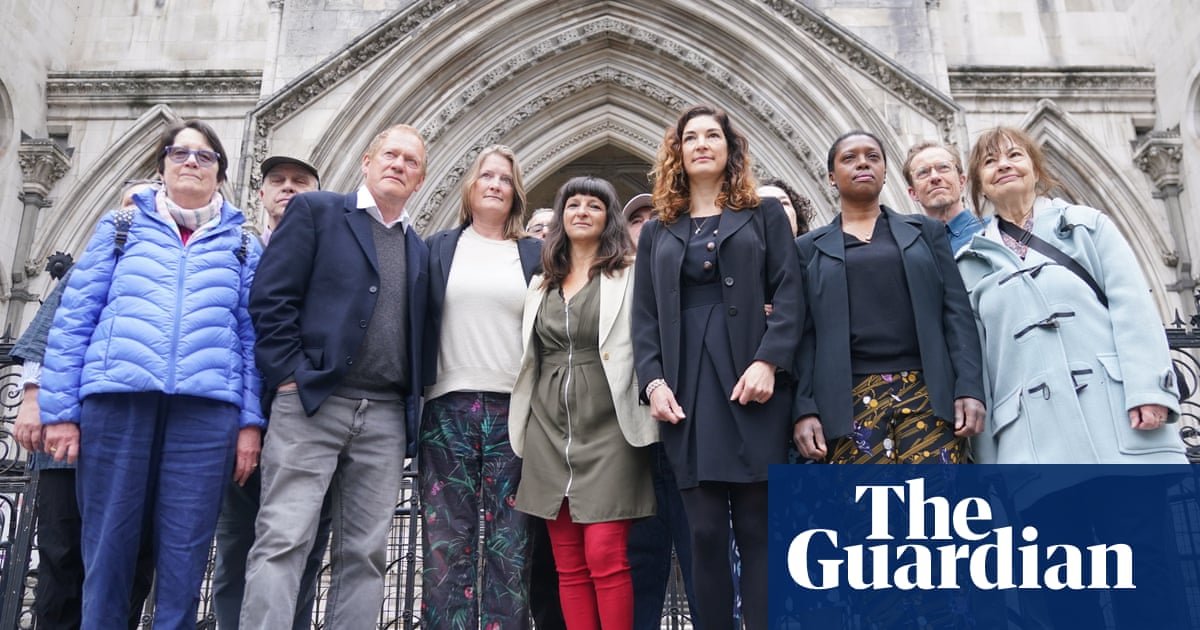A campaigner who argued that music festivals held in a southLondonpark unfairly cut off large sections of the space and made it a “mud bath” has won a court case that could result in events being banned there this summer.
Protect Brockwell Park (PBP), which includes the actor Mark Rylance, complained about walls being erected in the park, noise and environmental damage, leading to a tense debate about the use of public space, nimbyism and the importance of summer cultural events.
Rebekah Shaman, who lives in the area and is a member of the PBP, took legal action against Lambeth council, which was heard this week, urging it to review holding large-scale festival events in Brockwell Park.
The ruling could affect the events held by Summer Events Limited, which include Wide Awake, Mighty Hoopla, Field Day and City Splash, that are due to take place over the summer.
The challenge was over whether the council’s decision to certify the planned use of the land as lawful was correct. Under permitted development rules, a temporary change of use is allowed for a total of 28 days each calendar year, but the Brockwell Park festivals run over 37 days and were due to begin on 23 May.
The high court judge Mr Justice Mould ruled in Shaman’s favour, saying the council’s decision to grant the certificate to the festival organisers was “irrational”.
Before the hearing, PBP said in a statement: “These large-scale, high-impact commercial festivals are damaging Brockwell Park’s ecology, heritage and community value. The park is being overused and under-protected.”
The group also led protests in the park.
In written submissions, Shaman’s barrister, Richard Harwood KC, said in the past few years, the park had “increasingly” been used for large commercial events, with “substantial” parts being fenced off and damage caused to the ground.
“Due to inclement weather over the weekend of one of the commercial events, the park effectively became a mud bath,” Harwood added, referencing an event in 2024.
Billed as theBattle for Brockwell Park, the ruling highlighted tensions between local residents who support and oppose the events, which bring hundreds of thousands of people to the south London park in the summer months.
“I await the arrival of the park’s music festival season with dread,” wrote the author Rebecca Tamáslast year.
Another group called SayYesLambeth argued that the events were a key part of south London’s cultural offering. The group’s tagline was: “Fighting for culture, joy and community in Lambeth.”
In the build-up to the case, a member of SayYesLambethtold Londoncentric: “Our whole scene and culture is about to be deleted because of people who complain about noise when they live in central London.”
The group described the case as a battle between “a small but powerful group” and “the young people, the renters, the workers, the small businesses [and] the creatives”.
Earlier in the hearing, Mould said: “It is for the planning authority to decide, pending the outcome of this challenge, what decision it should or should not take.”
Mould refused initial applications for permission to appeal from Lambeth council and the festival operator Summer Events Limited, although they can ask the court of appeal for permission to challenge the decision directly.
